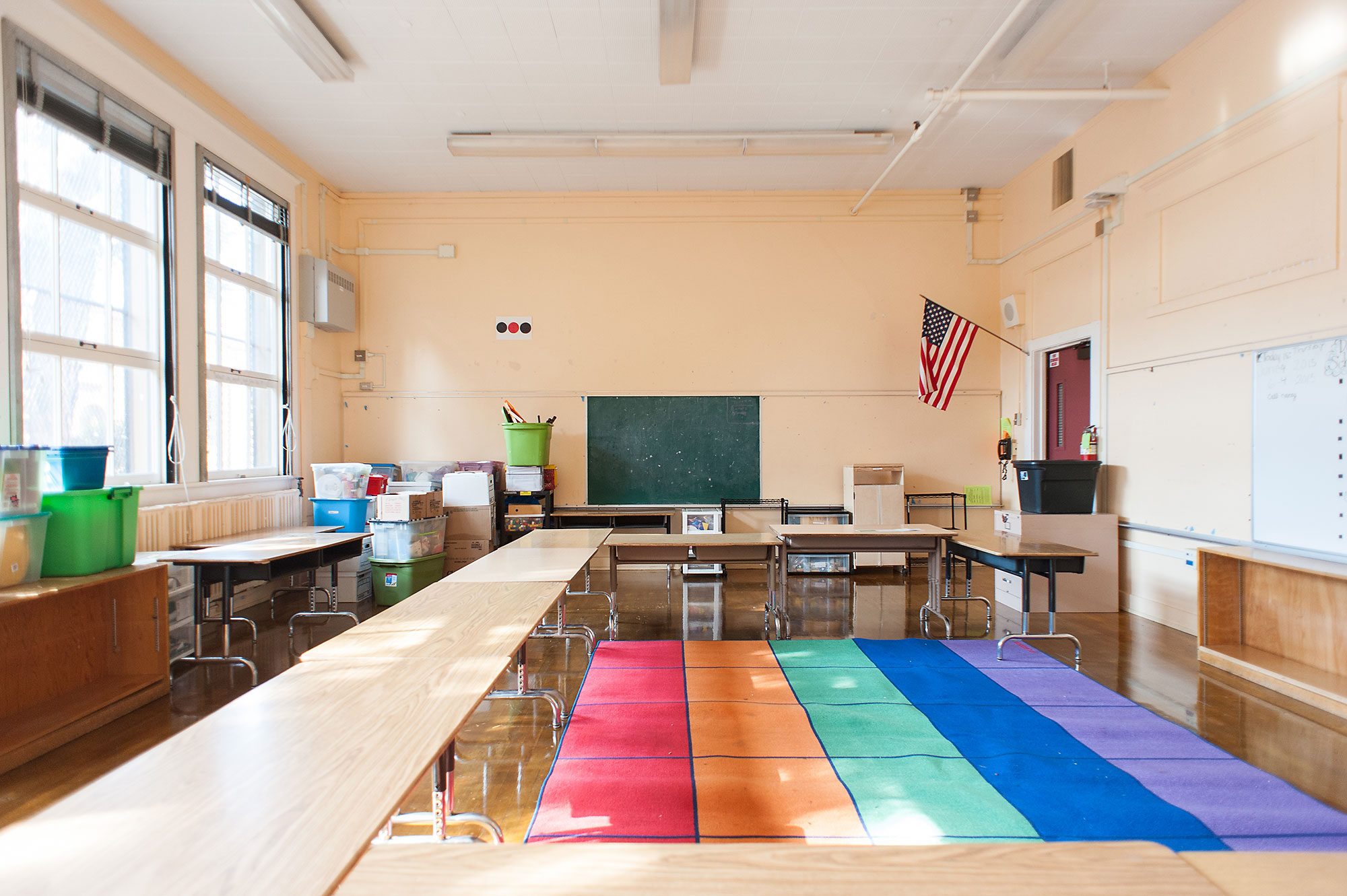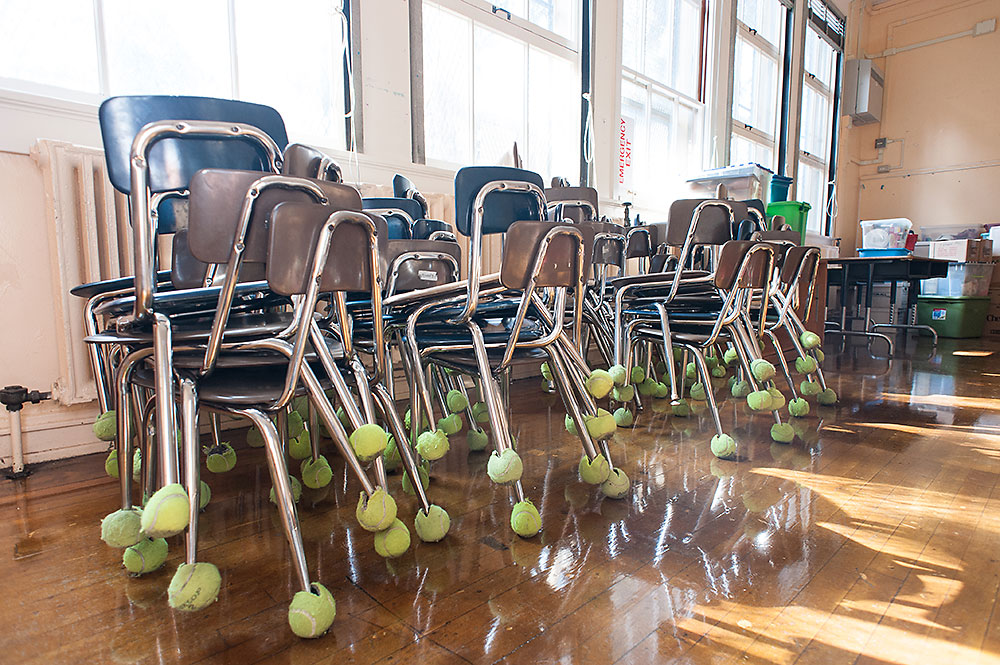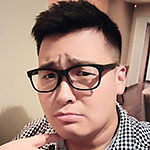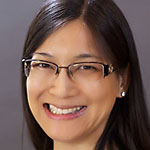
The majority of Synergy Charter Academies’ students enroll as illiterate and incredibly below grade level. At age five, many don’t know their letters, numbers, colors, or shapes.
But in the past few years, Synergy’s kids have been ranked in the top 10 percent of the entire state of California. This South Los Angeles charter school’s low-income, mostly second-language learner student body had produced higher test results than most schools in the state.
Meg Palisoc, co-founder of Synergy Academies, expected her fellow educators to be excited about this accomplishment. Instead, she was met with a hurtful amount of suspicion — people simply did not believe that these struggling kids were now high-performing. They attributed this success as a flaw to the highly contentious issue of charter schools.
A different approach
In 1992, California became the second state to pass a charter school law, authorizing the creation of public charter schools. Charter schools were established with the intent of giving parents an alternative choice for their children. Prior to charter schools, there were only three choices: public, private, or homeschool. Unless enrolled in the latter two, students were required to attend their local public school, even if it was deemed a “bad school” in a “bad area”.
Meg and Randy Palisoc, both former LA school district teachers, recognized the challenges of inner-city schools while working in the classroom. Desiring to make a greater systemic impact in the community and raise school-wide academic levels, they decided to start their own school. Synergy Charter Academy was founded in 2004, and has expanded to three other public charter schools since then — all through a STEM (Science, Technology, Engineering, and Math) learning approach.
Within three years, Synergy’s inner-city, low-income, and minority students were outperforming the average less disadvantaged white student in the state of California — eliminating what is known as the “Achievement Gap” in education. Since 2006, Synergy’s elementary school has been the highest performing fully implemented K-5 school in South LA. In 2013, the National Center for Urban School Transformation named Synergy “Best Urban Elementary School in America”.
Despite these accomplishments, Synergy has continued to encounter its share of hostility and politics.
Misinformation
Meg entered the education field thinking it would be one of the most supportive professions, with encouraging and helpful colleagues. Unfortunately, Meg has found that it’s quite the opposite. Instead of the “warm, fuzzy, kumbaya” environment Meg was expecting, she found that school districts could be one of the most “political and hostile” places — especially when the topic is charter schools.
“I find that quite odd,” Meg shared. “Education should be a place where we work together and help each other. It should be supporting and celebrating success and exchanging ideas and learning from each other so that we can help even more kids and even more communities.”
Granted, there are pockets of people in Meg’s district who have supported the charter school system’s efforts. But there are still many who are not supportive. According to Meg, most contention stems from misunderstanding what charter schools are.

One common misconception of charter schools is that they are private institutions. However, just like any other public school, Synergy is funded by the state, does not handpick which students to accept, and faces students with behavioral and academic challenges.
When Synergy’s students produced outstanding test scores over the past 11 years, other educators dismissed this accomplishment. Meg shared, “We thought people would be excited about that. Instead, so many educators look at our scores and say things like, ‘Oh, you can only get those scores because you handpicked all the highest kids,’ or ‘You kicked out all the low-performing kids’.” Neither claims are true — in fact, both would be illegal and serve as grounds for Synergy to be shut down.
Similar to a district public school, Synergy receives funding from the state and cannot charge tuition. It’s not always balanced, though. At one point, the state of California was actually providing charter schools less money than the traditional schools. However, in the last two years, state politicians have changed the funding formula slightly. Schools that serve a challenging neighborhood with high poverty and high English-learner students now receive more funding. “That’s a good thing,” says Meg, “because we were really operating on a shoestring budget for the majority of our school’s history.”
Some charter schools do receive private funding in the form of grants or foundation money. Private funding from business sponsors or nonprofits is undoubtedly helpful. But due to private funding, Meg has witnessed people perpetuating the false rumor that charter schools are privately operated. Some even believe that “rich business people” are attempting to get rid of public education or trying to make money off the public school system. This false impression is detrimental, because it polarizes charter schools and their leaders from the community.
The start of Synergy, recalls Meg, was “literally just the two of us former teachers who had nothing but passion, determination, and a belief that we could create a great school in a challenging neighborhood and get results”. According to charter school law, most charter schools are started by teachers, parents, and community leaders to be an incubator of good education practices.
Misconceptions are an ongoing challenge that Synergy — and other charter schools — face. “As a result of that misinformation, a lot of the successes and hard work that our students, staff, and teachers have done at our schools don’t get recognized by the general public.” Meg notes that it’s not just recognition they seek. They desire to clear false assumptions associated with charter schools. Recently, a State Assembly member expressed her perception that only charter school leaders “do things wrong”, like embezzle money and break laws that cause them to end up in the news. She openly told Meg that she thought “school district educators never do anything wrong”.
Through the convoluted imperfection, Meg calls for a change in attitude. “We really need to stop fighting each other and stop pointing out each other’s faults. Instead, let’s focus on collaboration and not just believing in rumors we hear.” Because at the end of the day, education is about building relationships, strengthening communication, and sharing personal stories with each other.
Effective collaboration
Synergy’s goal is to continue helping as many kids as they can — not by opening more Synergy schools, but by serving as a model for other schools, including traditional district schools. They are focused on helping children thrive by assisting schools in overcoming similar challenges they faced — poverty, second language learning, gang and drug influence, and teen pregnancy. Simultaneously, Synergy desires to learn from other schools as well. Meg reemphasizes the need for collaboration within politics: “Everyone is stronger if we learn from each other and teach each other.”
Starting this school year, Synergy will begin deeper collaboration between their different campuses, as well as with other district schools. They will start by having teachers observe each other and gather in joint professional development meetings. It is necessary to overcome the politics of education and teamwork in order to help more schools thrive in this country, and ultimately, to increase the success of students.
Meg admits that the path to collaboration has its own obstacles. She acknowledges, “I had to learn over time and am still learning to honor, respect, and value the things people can directly identify with, and reflect the community they work with.”
Meg’s urban work setting includes many Latino and African American colleagues teaching students of similar backgrounds. Meg has heard people say things like, “We really need more Latino and African American role models for the students. So we need more principals and teachers who reflect the community, who are from the community, and look like the community.”
While she recognizes the value in this mentality, Meg hopes people are careful not to push out those who may not have similar backgrounds. “I am not Latino, I am not African American, I did not grow up super poor, and I did not grow up in the inner city,” she says, “but I am passionate about working in the inner city with Latino and African American students.”
Evidently, according to Synergy’s success, it’s about openly caring and collaborative learning from different backgrounds that lends to positive results.
No holding back
“The challenge with politics,” Meg said, “is we’re all going to have very strong opinions about things, regardless of ethnicity, race, or religion. So it’s tough when we all pray to the same God and believe we all have different feedback from God on how we should move forward with something.”
That’s why Meg stresses the importance on being informed, so that one can “do things out of integrity and honesty”. We must understand an issue and why it matters before making decisions. Discerning what is true and what is false is not only important, but is responsible.
“Opening our schools was a huge challenge and had a 1000 percent chance of failing,” Meg said. “But I’ve learned to embrace risk when I’m passionate about it and believe it’s worth risking everything for. Helping kids was one of those areas.”
Meg’s faith grew when she realized she needed to give everything up to God. Through learning to take risks and being willing to completely fail, Meg let God take control and help her make tough decisions through the muddy political waters.
“If things are meant to fail, things are meant to fail. It’s scary, but it’s helpful for me to know that ultimately, I’m not in control. My husband and I prayed about starting the schools and said, ‘God, if you want us to start a school, please make it really clear to us. And we’re going to lift it up to You. And if it fails, then it fails.’
“But we know that regardless of the outcome, we did it because we knew that was the right thing we needed to do at the time. If God wanted it to stay open, He would give us the tools, the strength, and the wisdom to know how to do a good job.
“And if a school is meant to close down for whatever reason, then we leave that up to God. It’s worth trying to do good with the potential of failure, rather than not even trying to do good at all.”

Wonho Frank Lee is a freelance photographer who primarily shoots for Eater LA and recently received his MFA from Cal State LA. Follow him on Instagram @WonhoPhoto.

